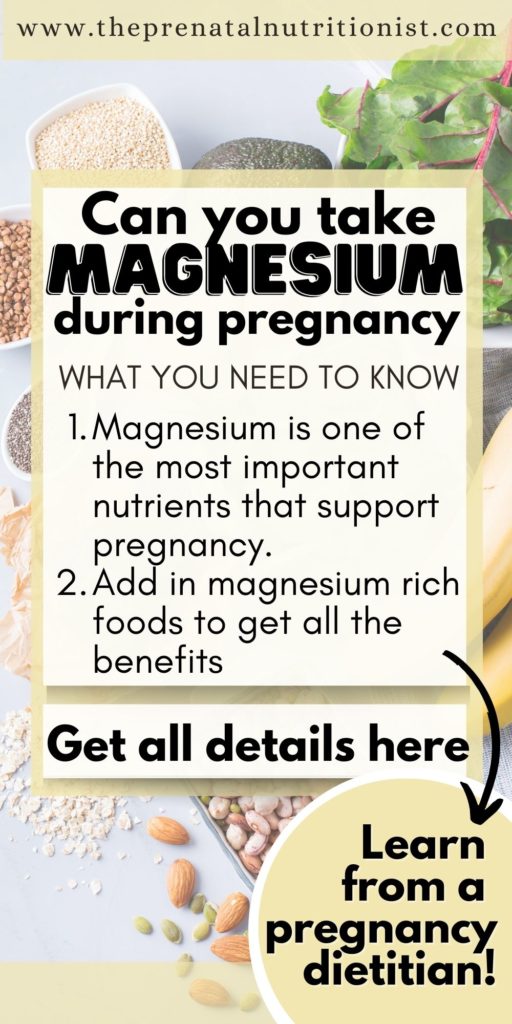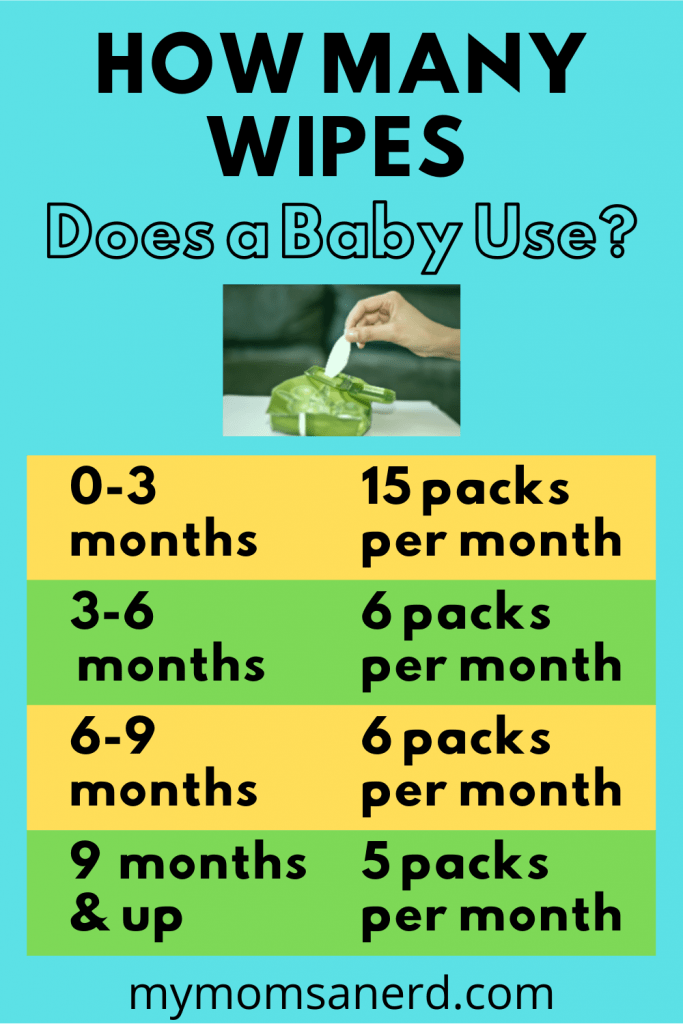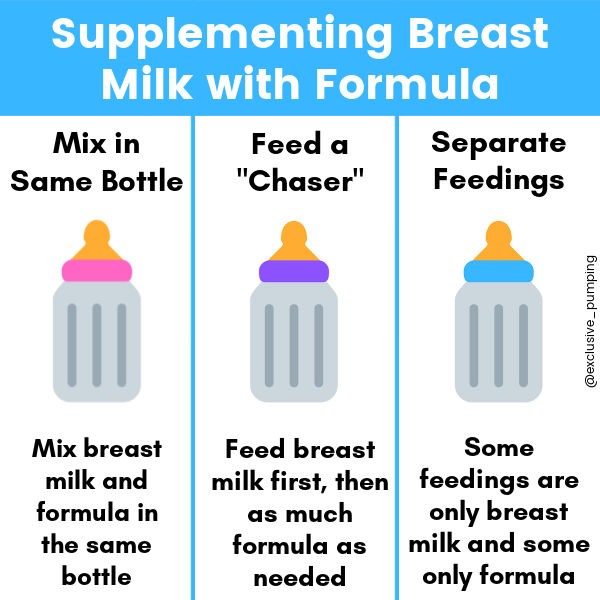Can Stress Cause A Miscarriage: Understanding the Impact of Stress on Pregnancy
Pregnancy is a journey filled with anticipation and joy, but it can also be a time of heightened stress and anxiety. From the physical demands of carrying a growing life to the emotional rollercoaster of hormonal changes, expectant mothers face a unique set of challenges that can take a toll on their well-being. One of the most concerning questions that arise is whether stress can lead to miscarriage, and the answer is not always straightforward.
In this article, we will delve into the complex relationship between stress and miscarriage. We will explore the physiological and psychological effects of stress on the pregnant body, identify different types of stress and their potential impact, and provide strategies for managing stress during pregnancy. By understanding the role of stress in miscarriage risk, expectant mothers can take proactive steps to protect their health and the well-being of their unborn child.
Can Stress Cause A Miscarriage

Stress is a normal part of life, but it can take a toll on our physical and mental health. When we’re stressed, our bodies release hormones like cortisol and adrenaline, which can lead to a number of health problems, including miscarriage.
What is miscarriage?
Miscarriage is the loss of a pregnancy before the 24th week. It’s a common problem, affecting about 1 in 5 pregnancies. Most miscarriages happen in the first trimester, and the risk of miscarriage decreases as the pregnancy progresses.
Can stress cause a miscarriage?
There is some evidence that stress can increase the risk of miscarriage. One study found that women who were exposed to high levels of stress during the first trimester were more likely to have a miscarriage than women who were not exposed to stress.
However, it’s important to note that stress is not the only factor that can cause a miscarriage. Other factors, such as genetics, medical conditions, and lifestyle choices, can also play a role.
How does stress cause a miscarriage?
There are a few ways that stress can lead to miscarriage. One way is by increasing the production of hormones like cortisol and adrenaline. These hormones can constrict blood vessels and reduce blood flow to the uterus, which can lead to miscarriage.
Stress can also lead to miscarriage by affecting the immune system. When we’re stressed, our immune system releases chemicals that can attack the developing fetus.
What can I do to reduce my risk of miscarriage?
There are a number of things you can do to reduce your risk of miscarriage, including:
- Managing stress levels
- Eating a healthy diet
- Getting regular exercise
- Avoiding smoking and alcohol
- Getting enough sleep
If you’re concerned about your risk of miscarriage, talk to your doctor. They can help you develop a plan to reduce your risk and improve your chances of having a healthy pregnancy.
Common Queries
Can stress cause miscarriage in the first trimester?
While stress can contribute to miscarriage risk throughout pregnancy, it is particularly concerning in the first trimester when the embryo is most vulnerable. High levels of stress hormones can disrupt the delicate balance of hormones necessary for implantation and fetal development.
What are some common stressors during pregnancy?
Common stressors during pregnancy include financial concerns, relationship issues, work-related pressure, fear of childbirth, and anxiety about the baby’s health. Even positive life events, such as moving or starting a new job, can trigger stress.
How can I manage stress during pregnancy?
Effective stress management techniques include relaxation exercises (e.g., deep breathing, meditation), prenatal yoga, spending time in nature, connecting with loved ones, and engaging in activities that bring joy and relaxation.
When should I seek professional help for stress during pregnancy?
If you are experiencing persistent or overwhelming stress that you cannot manage on your own, do not hesitate to seek professional help. A therapist or counselor can provide support, coping mechanisms, and strategies to reduce stress and improve your overall well-being.





